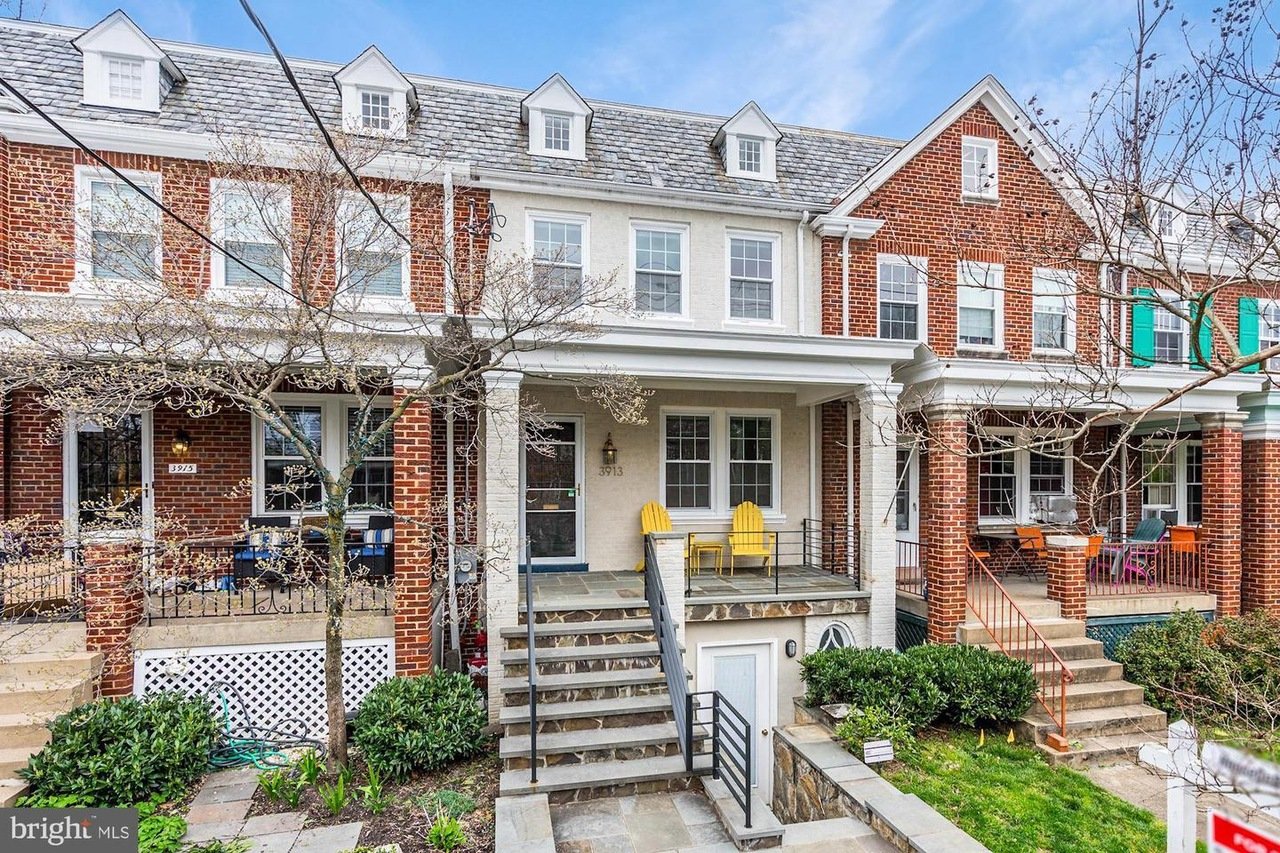This article is from 2006's Pet Guide package. The information may be out-of-date, so please call locations listed for new information.
To see the new Pet Guide from 2008, click here.
If you're considering getting a pet, an animal shelter is a good place to start. Up to 8 million cats and dogs enter the nation's shelters each year–and half will be euthanized.
Each county typically has a shelter, run with taxpayer dollars, and also nonprofit animal-rescue groups that have no-kill policies. Some rescue groups work with shelters and pick up animals the day they're to be put down.
Nearly every shelter and rescue group has a Web site that lists its animals. Petfinder.com posts the area's available animals in one place. The site allows you to plug in your Zip code along with desired breed, size, and age. Within seconds, you'll be skimming pictures of animals. Metropets.org, devoted to animals in Virginia, Maryland, and the District, is another place to look, but Petfinder is more comprehensive and easier to use.
Read the sketch of an animal, especially a dog, advises Sharon Kessler of the Montgomery County Humane Society. Some have health needs or personality quirks.
What You'll Find at a Shelter
Most shelters allow you to adopt regardless of where you live, although some Maryland shelters don't work with Virginians, and vice versa. Call the shelter or rescue group and check that it'll work with you before you visit an animal you see online.
Some shelters, like the Washington Animal Rescue League and the Animal Welfare League of Arlington, have a lot of cats. In the overcrowded Prince George's County shelter, which euthanized 3,036 dogs (including 696 illegal pit bulls) last year, you'll find mostly dogs. The number of animals at a shelter varies throughout the year. Spring brings lots of puppies. Sometimes Fairfax County's shelter is filled to capacity; sometimes it's nearly empty.
Dogs tend to be mutts, but shelters in Fairfax and Montgomery counties get lots of purebreds. Almost half the dogs that come through the Montgomery County shelter are Jack Russell terriers, beagles, cocker spaniels, Labrador and golden retrievers, among others. The shelter has seen a rise in a breed called jindo, popular in the Vietnamese and Korean communities.
Many shelters work with rescue groups devoted to specific breeds. If a beagle hasn't been adopted, a shelter might call a group like Beagle Rescue of Southern Maryland, which will pick up the dog and place it in foster care until a home can be found. Breed rescue groups can be found on Petfinder.com and are a good resource if you know what kind of dog you want.
The Adoption Process
Not every rescue group has a shelter. Some, like the Prince George's County SPCA, save animals from euthanasia by placing them in temporary homes. To meet a cat or dog in foster care, you make an appointment with its foster parents.
To visit animals in shelters, just show up and browse. One woman who recently adopted a dog from the District's New York Avenue shelter played with a few dogs one Saturday afternoon, asked the kennel staff about the dogs' personalities, and fell for a shepherd-beagle mix. She was surprised by the thorough application process.
"Five years ago," says Scotlund Haisley of the Washington Animal Rescue League, "you could walk in and walk out with an animal." Today's shelters and rescue groups require that people fill out a questionnaire, undergo an interview, and wait two or three days to pick up their new pet.
You'll be asked about your work schedule. The staff wants to make sure you'll be home enough to walk a dog and, if not, if you're willing to hire a dog walker. If you already have an animal, the shelter checks with your vet about that pet's health. If you rent, the shelter will call your landlord to make sure the apartment allows pets. The staff checks with animal control for a history of abuse.
Most shelters require a home visit to make sure your home is pet-friendly. During the visit, the volunteer will talk with you about caring for your animal. Many shelters offer free or discounted dog training.
Fairfax County charges $20 to adopt a pet. At the Washington Humane Society, cats are $70, dogs $100 to $123, depending on weight. The fees pay for spaying and neutering (fixed dogs are $35), vaccinating, and testing your new pet for heartworm.
Breeders and Purebreds
If you'd prefer a purebred, you can also start your search online. Breeders across the country advertise their puppies through the American Kennel Club; see akc.org.
The Cat Fanciers Association has a breeder referral service; see cfa.org, which provides tips on choosing a breed. Prices vary depending on the cat's markings and bloodlines. Breeders typically make kittens available at 12 to 16 weeks.
Breeders listed through these sites meet certain standards. For example, the AKC checks facilities and tests DNA to ensure that puppies are purebreds.
These groups can't visit every breeder every year. Lisa Peterson of the AKC suggests choosing a breeder who belongs to the breed's parent club. Parent clubs–devoted to, say, akitas, and listed at akc.org–can recommend a breeder near you. It's good to adopt from a reputable breeder because how your animal is socialized has lots to do with how it'll turn out.
Some breeders have newborns on hand for you to choose from. Breeders who sell trendy or rare breeds may have a waiting list. On a visit, you'll want to study the mother's temperament and health records.
Look for red flags: Is the breeder refusing to show you where the animals live? Is he or she brushing off questions about an animal's health? If the breeder is breeding more than one or two types of dogs, says Peterson, "the breeder probably cares more about profit than the well-being of the animals."
Some ask for a deposit to reserve an animal. Purebred, breeding-quality cats cost $500 to $1,000. Purebred dogs are $500 to $2,000, depending on popularity and region.

















